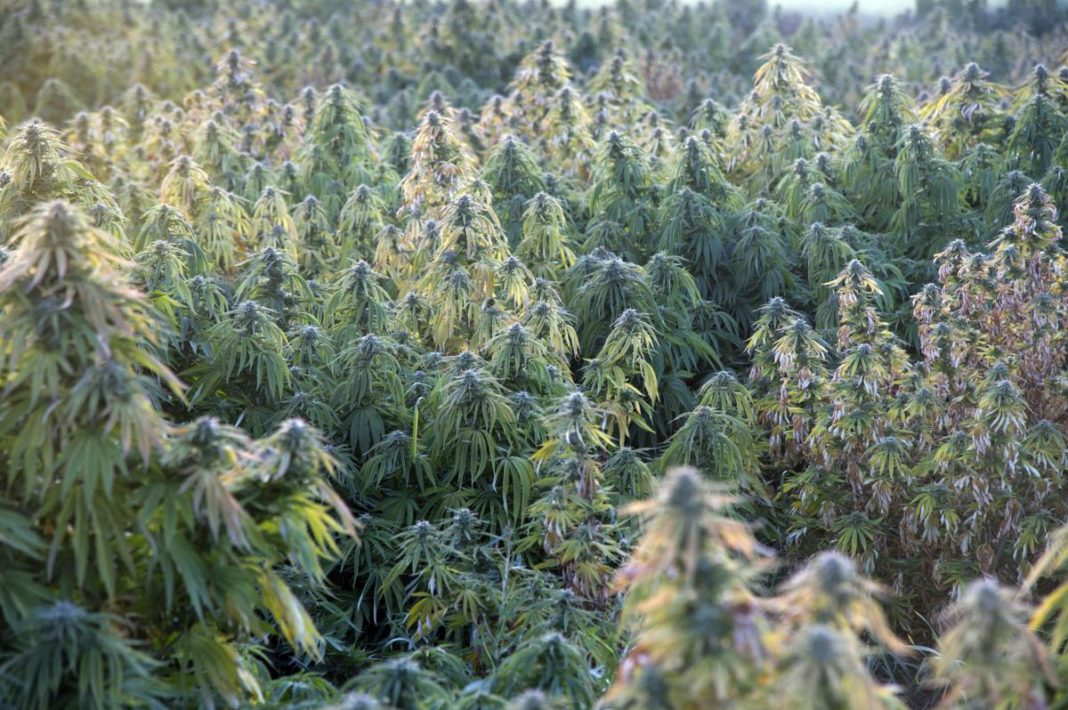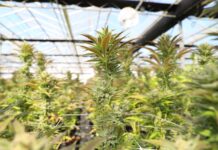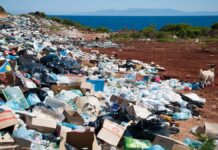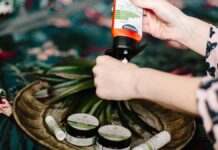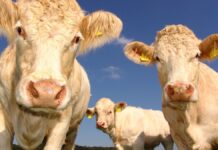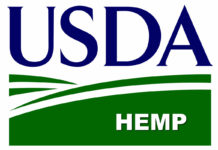The 2018 Farm Bill reclassified hemp, and it is now legal to grow industrial hemp. USDA’s Agricultural Marketing Service (AMS) announced a rule that outlines how states and tribes can submit plans that will enable producers to grow hemp in those areas.
This rule is a first step that enables USDA agencies that administer farm programs — including the Farm Service Agency (FSA), Natural Resources Conservation Service (NRCS), and Risk Management Agency (RMA) — to provide guidance on eligibility for additional farm programs.
Eligible producers include those growing in accordance with USDA, state, and tribal plans or for research purposes under Section 7606. Learn more about USDA, state, and tribal plans by visiting AMS’ Hemp Production webpage.
- View Hemp Programs FAQs
- Download the Hemp and Farm Bill Programs Fact Sheet (PDF)
- Watch the AMS Webinar: U.S. Domestic Hemp Production Program Overview
Crop Insurance and Safety Net
Crop Insurance
Meanwhile, coverage through Multi-Peril Crop Insurance, or MPCI, is available to producers in certain counties for crop year 2020. The pilot insurance program provides Actual Production History coverage for eligible producers in certain counties in Alabama, California, Colorado, Illinois, Indiana, Kansas, Kentucky, Maine, Michigan, Minnesota, Montana, New Mexico, New York, North Carolina, North Dakota, Oklahoma, Oregon, Pennsylvania, Tennessee, Virginia, and Wisconsin.
Information on eligible counties is accessible through the USDA Risk Management Agency’s Actuarial Information Browser.
Producers can now purchase coverage if they have a contract for the purchase of the insured hemp and meet all applicable state, tribal, and federal regulations. Crop insurance provisions state that hemp having THC above the 0.3 compliance level will not constitute an insurable cause of loss. Additionally, hemp will not qualify for replant payments or prevented plant payments.
Beginning with the 2021 crop year, hemp will be insurable under the Nursery crop insurance program and the Nursery Value Select pilot crop insurance program. Under both programs, hemp will be insurable if grown in containers and in accordance with federal regulations, any applicable state or tribal laws, and terms of the crop insurance policy.
To learn about crop insurance options, producers should contact a local insurance agent near them. Visit RMA’s Agent Locator to find an agent near you.
Acreage Reports
Hemp producers are required to file acreage reports with FSA, which includes these steps:
- Obtain a hemp production license or authorization number issued by USDA, state, or tribe.
- File an acreage report with FSA, including the license or authorization number and identifying each field or subfield where hemp is planted. These fields could be referred to as a “lot” and includes greenhouses.
- Identify the intended use of the reported hemp acreage:
- Fiber – used for cloth, pressed plastics, ropes, animal bedding, paper, biofuel, packaging, concrete additives, spill cleanup.
- Cannabidiol (CBD) – grown for extraction of plant resin, which includes CBD and other phytocannabinoids to be extracted from the flower. Subject to FDA regulations, resin may be used in oils, lotions, cleansers, bath or other pharmaceutical or topical products.
- Grain – used for hemp hearts, crushed seed oil (not CBD), protein supplements (human or animal consumption)
- Seed – used for propagation stock, hybrids (non-human consumption)
Producers should contact their local FSA county office for more details on acreage reporting.
NRCS Conservation Programs
These NRCS conservation programs will be available for 2020 for producers meeting requirements: the Environmental Quality Incentives Program, Conservation Stewardship Program, Regional Conservation Partnership Program, and Agricultural Conservation Easement Program.
Hemp producers growing in accordance with Section 7606 will not need to modify their conservation program contract for their continued participation.
Hemp Pilot Farms
Before the 2018 Farm Bill, producers could only grow hemp if they met the university research pilot requirements of Section 7606 of the 2014 Farm Bill. Now, producers can grow hemp if they meet those requirements or they are growing in accordance with an approved hemp plan.
Latest News
- February 6, 2020 News Release: USDA Announces Details of Risk Management Programs for Hemp Producers (USDA)
- December 23, 2019 News Release: USDA Announces Pilot Insurance Coverage for Hemp Growers (RMA)
- October 29, 2019 News Release: USDA Establishes Domestic Hemp Production Program (USDA)
- August 27, 2019 News Release: Hemp Crop Insurance Coverage Available for 2020 (RMA)
What’s Next?
USDA is working to make available program options for hemp producers. More information will be posted on this webpage and shared with producers when available.






